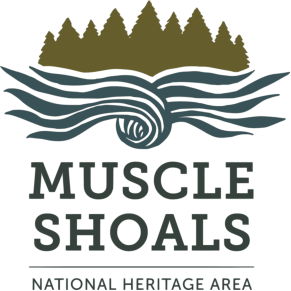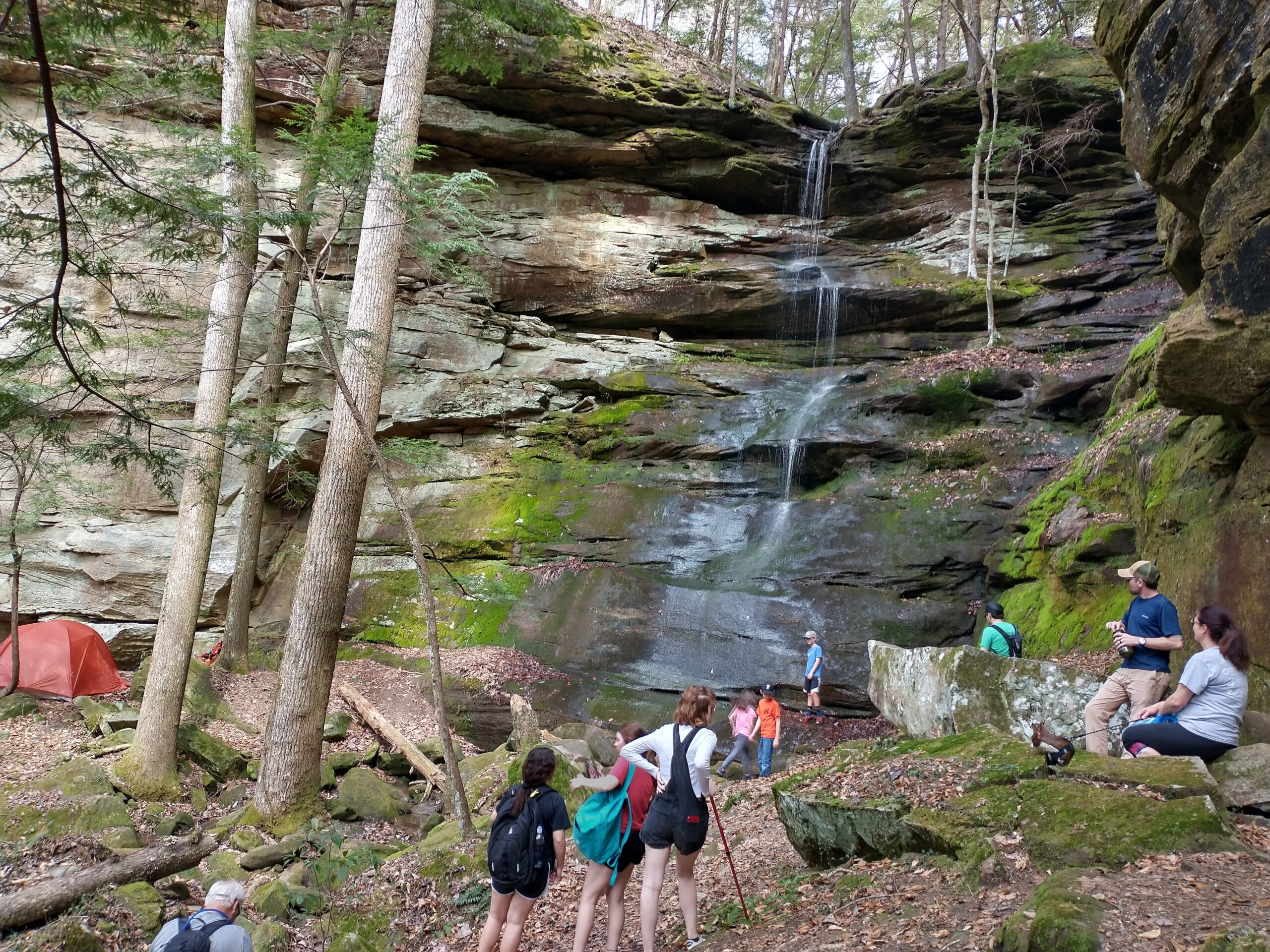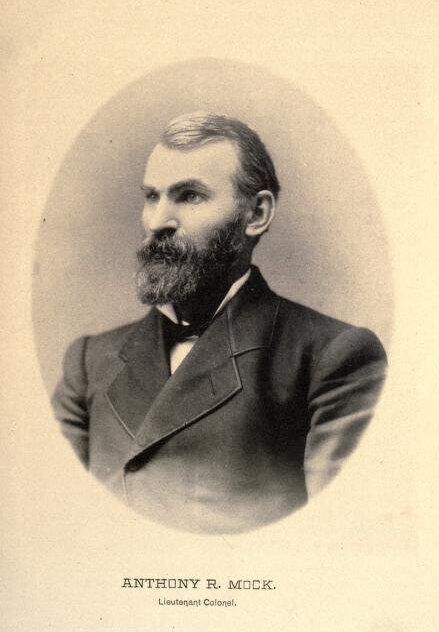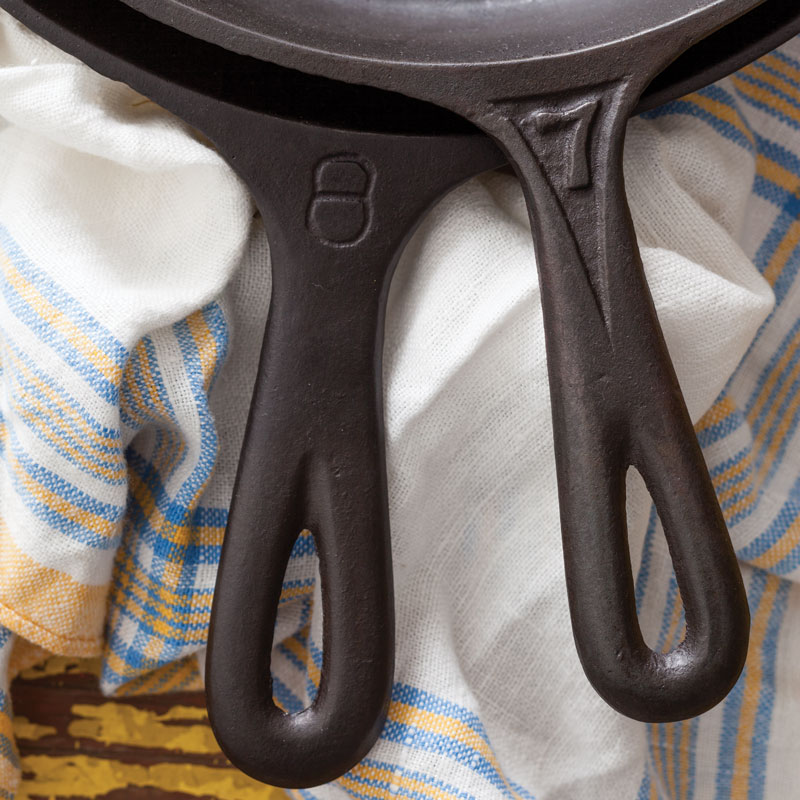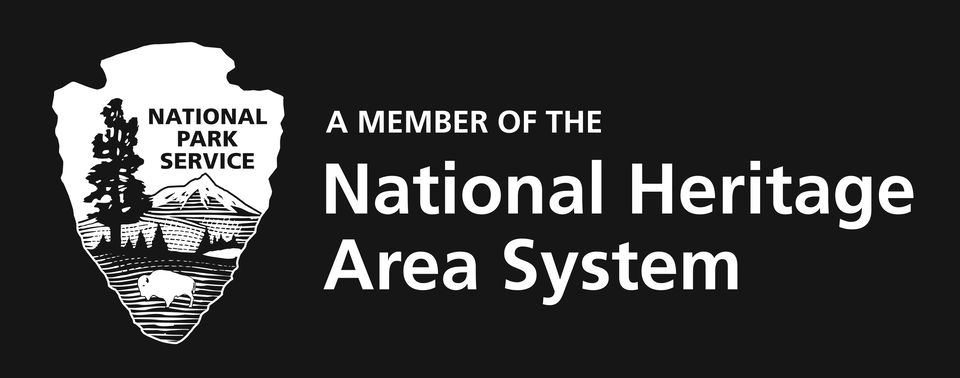From Project Say Something
The mission of Project Say Something is to confront racial injustice through black history by using communication, education and community empowerment to reconcile the past with the present.
Recognizing that black history was under-represented in the historical markers and the cultural resources in the Shoals, PSS developed a project to serve as a community-driven archive for local black history that could eventually make its way into the area’s public schools.
PSS launched the Shoals Black History Project in 2017 in partnership with the Florence-Lauderdale Public Library and the University of North Alabama’s public history program. It was funded by a Muscle Shoals National Heritage Area grant. Goals of the project are collection, digitization and education.
Collection

PSS and its partners hosted a series of history harvest events where community members donated artifacts related to their family and community histories. Our student volunteers from UNA’s public history program helped us record metadata and conduct oral histories with our contributors. The process proved to be transformative. As our student volunteers wrote in their project critical analysis and review, “Project Say Something’s History Harvests were successful in beginning the conversation we all must have in our community to reconcile race relations. Black and white people involved in the collection session were challenged by new realities and emerging perceptions.”
Digitization

The artifacts were then uploaded and organized onto our website through the digital platform Omeka with help from technology librarian James Mitchell. Over time, our project blossomed to include over 1,000 photographs, oral histories, newspaper articles, diaries, family Bibles, yearbooks and other resources, all searchable on the Shoals Black History database. PSS organized some of the artifacts into “collections” and “exhibits” around a range of topics from general categories (school, work, sports and recreation) to historical periods (enslavement, Civil Rights) to local people and places (Hickory Hill Plantation). The database will expand as the project continues to identify sources of information. It already includes many newspaper articles, and PSS organizers are looking for more photos. If you have an item to contribute, email PSS at saysomething8888@gmail.com.
Education

PSS used the Shoals Black History database to create an educator’s resource booklet for local schools. The booklet organizes information gathered from our history harvests into categories with visuals from the database and bolded vocabulary keywords. Recently, Harlan Elementary School, in Florence, piloted this packet in third- and fourth-grade classrooms. PSS board members helped facilitate learning stations based on the booklets and website. About 160 students listened to oral histories, navigated our website, answered guided questions and learned vocabulary words based on the Shoals Black History Project. Many were excited to recognize names, placenames, businesses and restaurants in the booklet.

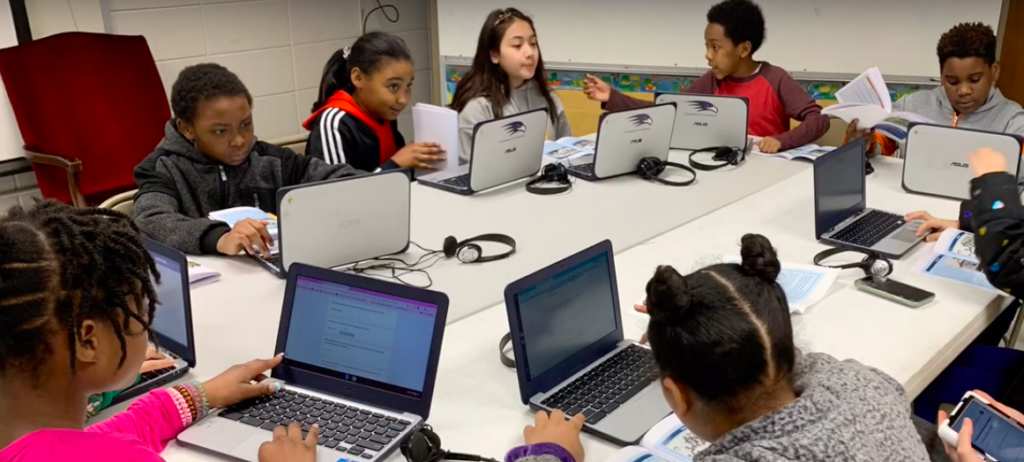
PSS will partner with Harlan Elementary again next year to help students host their own history harvest so they, too, can contribute to the Shoals Black History database. Riverhill and Kilby Laboratory schools have also requested the program.
When we asked these young students what history means to them, they said it was filled with “important people” who had made achievements a “long time ago.” Our goal is for young people to see themselves in history–a people’s history–and also to see themselves as living through history in the present moment. We each have something unique and important to contribute to this world; we each have the ability to contribute, or decline to contribute, to racial justice. We should ask ourselves, as we move through the present, how would we like to be remembered in the future?
